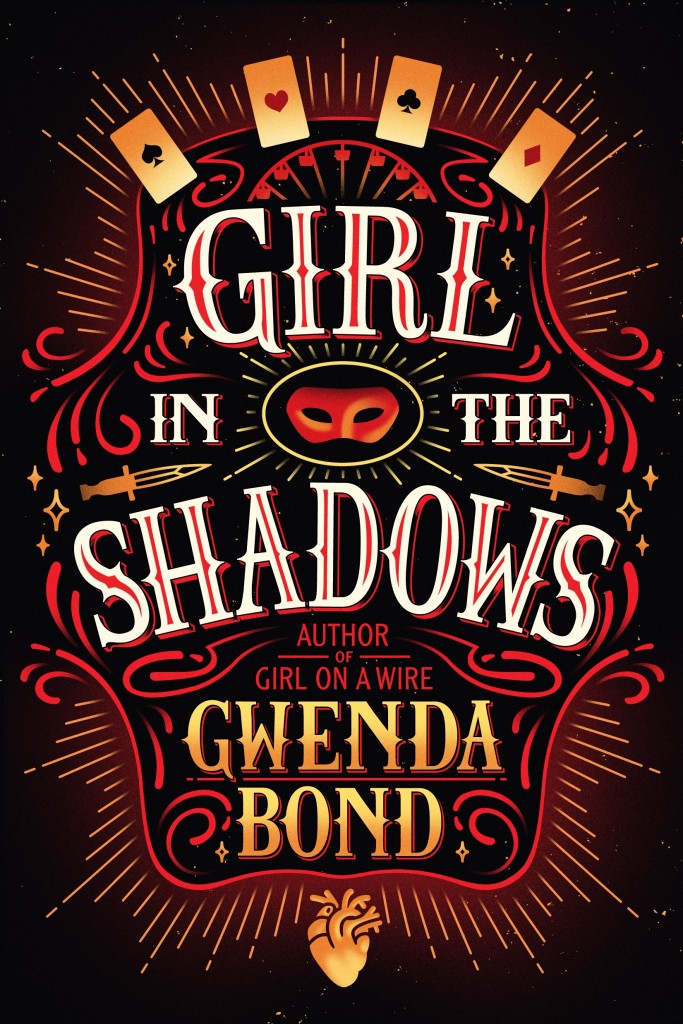I’m completely overwhelmed by everyone’s response to my post about how I improved my writing speed. Thank you so much! It’s very gratifying to hear that it resonated with so many of you, and I’d love to hear more about your results. I also got some great questions, and quite a lot of “But what do I do if I HATE outlining?” so I’d love to address some of the common ones.
I hate outlining because it robs me of the joy of discovery [or other reasons]. Am I a lost cause?
Of course not! Different things work for different people. I know there are writers who can really get into the “zone” on a story, and crank out an entire novel–without an outline–in extremely short periods of time. I do think that on the whole, however, un-outlined stories are slower to draft because of the cognitive load problem I mentioned in the original post. So if you really, truly hate the idea of outlining because you think it will ruin the joy of discovery, then try finding some other aspect of your writing that you can offload in advance. Give yourself a starting point and ending point for a scene, and sketch in some sensory or thematic details. Then you’re doing less of the “setting the stage” work in your head while you write while still feeling the joy of discovering what your characters will do next. Or you can do a lot more character work beforehand–worksheets with information about how they speak, their dark secrets, their feelings toward other characters, etc–that you can refer to as you go rather than having to make each up on the spot.
No matter what I try, I can’t seem to push past XX words a day. Any tips?
Usually, when I’m having a hard time meeting a word count goal, it’s because I either a) haven’t done the work to know what the thing I’m writing is actually about, or b) have run my creative well dry and am not keeping it suitably refilled. I can usually tell if it’s the former because I just get blocked and stare aimlessly around with no idea what should happen next; I can tell it’s the latter because every sentence I write sounds the same and my characters are just empty mannequins who shrug their shoulders and frown a lot while having lengthy stretches of dialogue that goes nowhere.
If your problem is A, try this: pull out a piece of paper. At the very bottom, write the next major thing that you know you need to have happen. Then use the remaining space to chart a course toward that thing from where you are right now (or possibly even a little bit before).
If your problem is B: take a deep breath. Step away. If you have time to spare, give yourself some time away to read, watch an inspiring TV show, take a brainstorming walk, or otherwise do something that isn’t beating your head against the keyboard. When you’re ready, put yourself back into your story, but focus on those sensory details you’re missing. Reconnect with the worldbuilding and setting, whether it’s a middle school cafeteria (sticky tabletops, green linoleum, noseprints on the windows? go nuts) or a fantasy high cathedral (thin shafts of light streaming into the darkness, dust motes on the air, your character’s heavy mantel making them sweat and slicking their hair to their neck). For me, the challenge in keeping my writing feeling fresh is in inviting others’ words and worlds and phrases and thoughts into my head, and that means not neglecting my fiction reading, either. Fresh exposure to new storylines and language helps my brain slowly digest and remix things into something hopefully new, and keeps my sentence-writing muscle all limbered up.
I just can’t write every day.
Neither can I. So I don’t. My creative energy is really awesome Monday through Wednesday, sucks dirt on Thursdays, and is a total mixed bag through the weekend. And when I finish a big project, I always take a week or two off (schedule permitting). So I write when I can. Just don’t use it as an excuse. There’s a big difference between “I cannot write right now” and “I really could write right now and really should write right now but I’m going to let inertia carry me on to scroll through Tumblr for a few more hours until I fall asleep.” If you’re procrastinating, and you know you’re procrastinating, look at the reasons as to why. Procrastination usually comes from fear, a lack of confidence about one’s ability to proceed, and/or a lack of understanding as to how to proceed. With outlining, you are breaking the steps down into manageable chunks so you can at least tackle the last of these. The other two, we’ll address at a later time.
Have you tried changing up your writing process? How is it going?

































